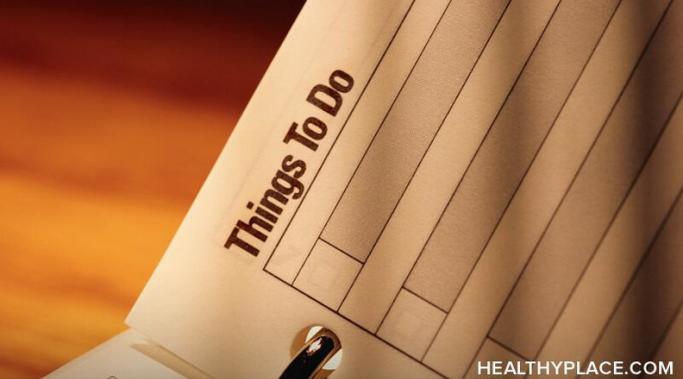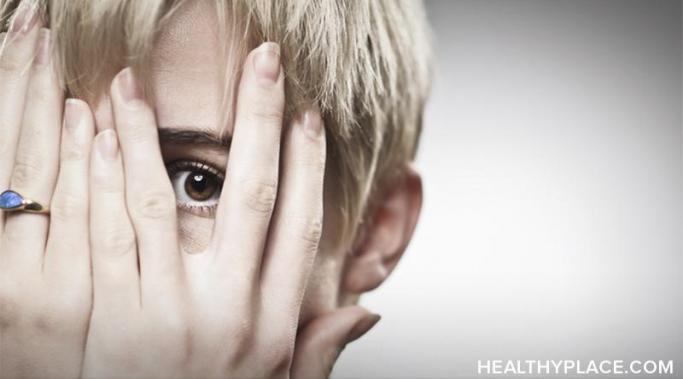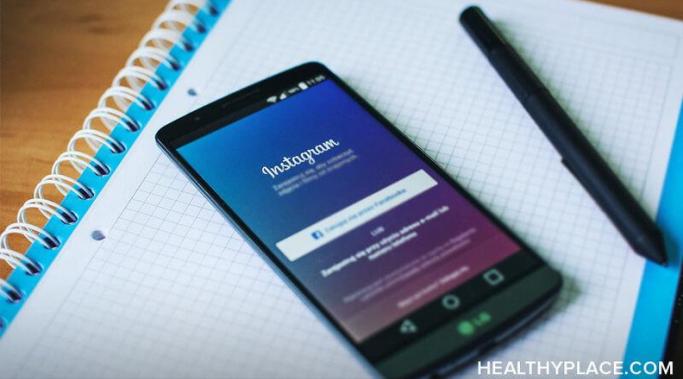Blogs
Obsessive-compulsive disorder (OCD) makes me doubt myself, turning me into my own worst critic. Self-deprecation is my specialty. “Don’t be so hard on yourself,” is a phrase I hear from someone else every other day. And yes, I am hard on myself, but I feel I am not as hard on myself as I should be. I had an entirely different article written and dismissed it as being (choice phrases that I won’t say on this blog). It is difficult to live in a partially self-constructed mental prison. Obsessive-compulsive disorder makes me doubt myself. It makes me my own worst critic of everything I do, say, or think.
Finding gratitude when you or your family member lives with mental illness can seem so hard. The holidays especially can feel like a real season of loss for families with mental illness. While “normal families” seem to celebrate all the traditions that film and commercials dictate, families with mental illness cannot take on such busyness and chaos without negative repercussions or a mental health relapse. But, rather than see our alternate celebrations as a loss, finding gratitude during the holidays helps us see the better side of mental health struggles.
A little over a year ago, I started writing for HealthyPlace. During my time contributing to the website, I learned a lot about myself and how I can better manage my mental health. I also learned about others, how they cope, how they communicate about mental health, and how we can help each other strive for wellness. Writing for HealthyPlace has given more awareness of when depression starts to hit and when to seek help. Read on to learn more about my first year writing for HealthyPlace.
Light therapy increased my schizoaffective anxiety but helps with my seasonal affective disorder (SAD). I am also taking vitamin D, and that plus using the light for 20 minutes every morning seemed to really help with the light deficiency of winter. But after a few weeks of light therapy, I noticed my schizoaffective anxiety was increasing. Here’s what I did about it.
A cope-ahead plan for dissociation will come in handy this holiday season. Whether you celebrate Christmas, Chanukah, New Year’s, or nothing at all, this time of the year can be difficult when you have a dissociative disorder. Financial stress, sensory overload, and time-related triggers are just some of the things that can lead to an increase in dissociation. So how can you cope with all of these symptoms and make it through the holiday season? How do you make a cope-ahead plan for dissociation?
I have depression, but I'm inspired because it’s nearly 2018. There’s an excitement that comes with new beginnings. And while my depression won’t just disappear because it’s a new year, there are things I can actively do to help lessen my depressive symptoms. I’ve thoughts about how I want to enter into 2018 that I would like to share with you. I don't have to give up the excitement of the new year because I have depression, and neither do you.
Do you hate the anxiety that uncertainty causes? Does not knowing cause you intolerable stress? If not knowing what might happen, officially called uncertainty intolerance, makes you worry so much that it’s interfering with your life, know that you’re not alone. Many people who have anxiety, whether or not it’s an anxiety disorder such as generalized anxiety disorder (GAD), also have difficulty living with any sort of uncertainty.
Mindful social media habits are important skills to learn to protect our self-esteem. Social media allows us to get a glimpse into the lives of so many people. Unfortunately, constant updates about people’s vacations, weddings, job offers, graduations and newborns don’t always fill us with joy. In fact, being inundated with everyone else’s highlight reel can damage our mental health. Many studies have shown a link between social media use and low self-esteem. For example, a study published this year found that one hour spent on Facebook is associated with a decrease in an individual’s self-esteem score, which authors say is influenced by the social comparisons that people engage in.1 But there are ways to integrate mindful social media use so that you can protect your self-esteem.
We can't get away from having toxic people in our life sometimes. In a perfect world, we would never encounter someone unhealthy for us. The people with whom we hold company would all be healthy influences. Unfortunately, as those of us with posttraumatic stress disorder (PTSD) likely already know, we do not live in a perfect world. Although we can choose our friends, and we can migrate toward or away from certain co-workers, acquaintances, and even family members, we cannot always prevent having some toxic people in our life.
It can be difficult to stay sober over the holidays because they're so stressful. But family dynamics, crazy in-laws, and unfulfilled expectations don’t have to threaten your sobriety. Be proactive and have a plan for surviving the holidays in addiction recovery. You can make it through this season with your sobriety intact. Here are five tips to help you stay sober over the holidays and into 2018.









